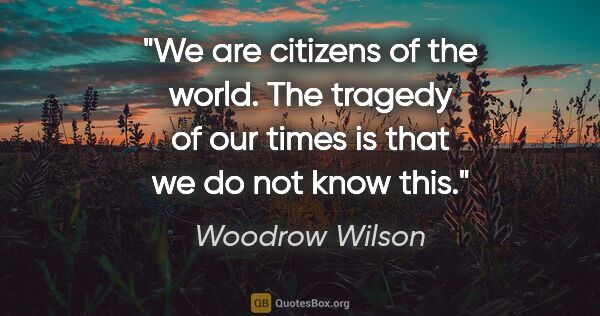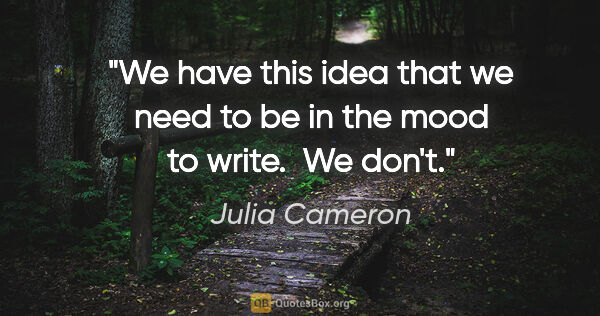Thy Quotes (page 821)
The settled happiness and security which we all desire, God withholds from us by the very nature of the world: but joy, pleasure, and merriment, He has scattered broadcast. We are never safe, but we have plenty of fun, and some ecstasy. It is not hard to see why. The security we crave would teach us to rest our hearts in this world and oppose an obstacles to our return to God: a few moments of happy love, a landscape, a symphony, a merry meeting with out friends, a bathe or a football match,...
C. S. Lewis
If this nation is to be wise as well as strong, if we are to achieve our destiny, then we need more new ideas for more wise men reading more good books in more public libraries. These libraries should be open to all—except the censor. We must know all the facts and hear all the alternatives and listen to all the criticisms. Let us welcome controversial books and controversial authors. For the Bill of Rights is the guardian of our security as well as our liberty.
John F. Kennedy
The will of the people, moreover, practically means the will of the most numerous or the most active part of the people; the majority, or those who succeed in making themselves accepted as the majority; type people, consequently, may desire to oppress a part of their number; and precautions are as much needed against this as against any other abuse of power.
John Stuart Mill

If you suddenly and unexpectedly feel joy, don’t hesitate. Give in to it. There are plenty of lives and whole towns destroyed or about to be. We are not wise, and not very often kind. And much can never be redeemed. Still life has some possibility left. Perhaps this is its way of fighting back, that sometimes something happened better than all the riches or power in the world. It could be anything, but very likely you notice it in the instant when love begins. Anyway, that’s often the case....
Mary Oliver
You know we talked about where people go when they die. I just believe you go someplace and I seen her layin there and I thought maybe she wouldn't go to heaven because, you know, I thought she wouldn't and I thought about God forgivin people and I thought about if I could ask God to forgive me for killin that son of a bitch because you and me both know I ain't sorry for it and I reckon this sounds ignorant but I didn't want to be forgiven if she wasn't. I didn't want to do or be nothin that...
Cormac McCarthy
Because, as we know, almost anything can be read into any book if you are determined enough. This will be especially impressed on anyone who has written fantastic fiction. He will find reviewers, both favourable and hostile, reading into his stories all manner of allegorical meanings which he never intended. (Some of the allegories thus imposed on my own books have been so ingenious and interesting that I often wish I had thought of them myself.)
C. S. Lewis
The making of miracles to edification was as ardently admired by pious Victorians as it was sternly discouraged by Jesus of Nazareth. Not that the Victorians were unique in this respect. Modern writers also indulge in edifying miracles though they generally prefer to use them to procure unhappy endings, by which piece of thaumaturgy they win the title of realists.
Dorothy L. Sayers



